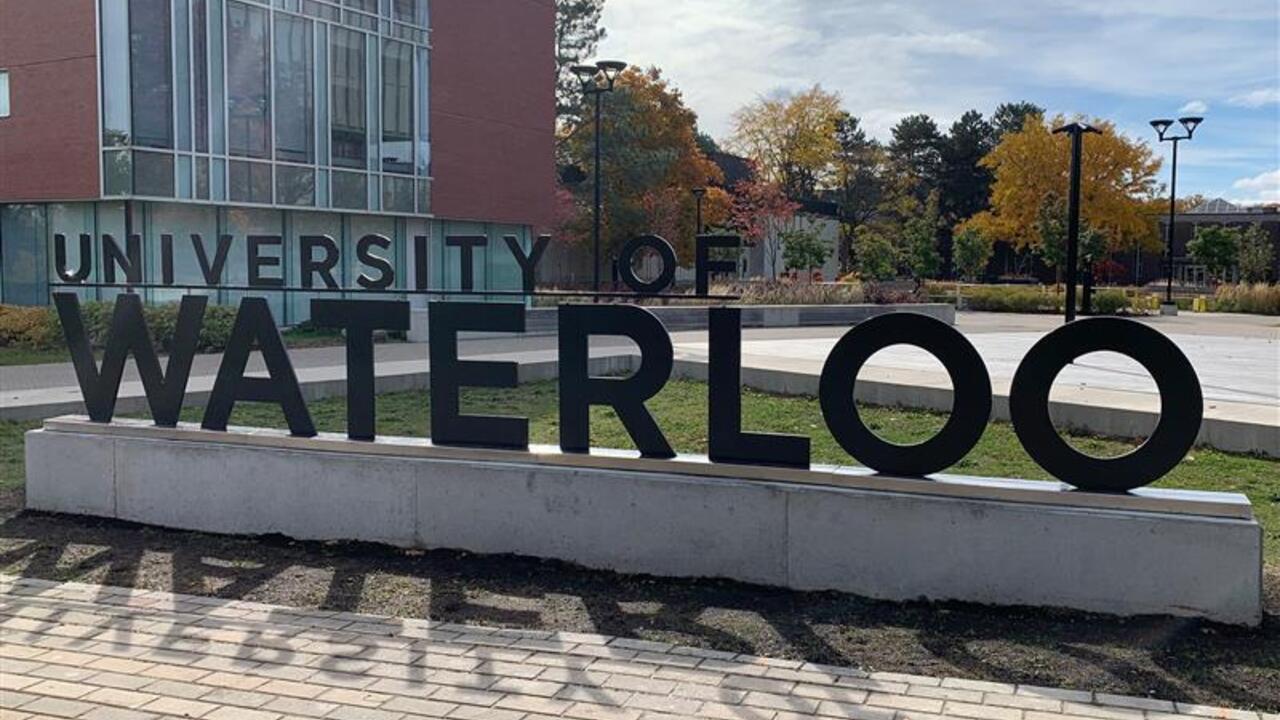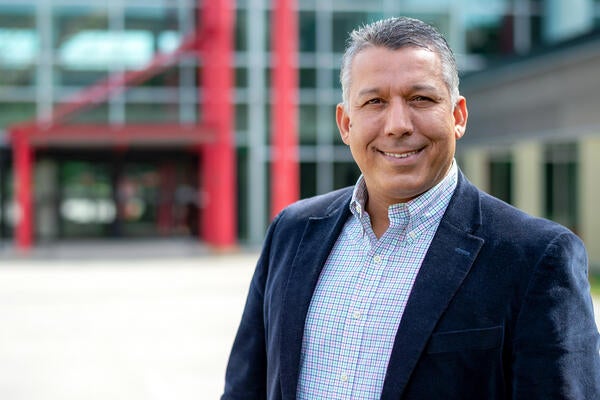With a long-awaited federal report on residential schools due to be released on June 2, Llewellyn says this is an important time to remember that first-hand historical accounts make an impact on the listener, and should be shared even if they paint a dark picture of Canada’s past.
“The way to reach children is through storytelling. It’s very personal, and it allows them to empathize. Glossing over the bad parts of our past allows for ignorance to breed,” said Llewellyn. “If you believe that we are historically improving naturally, then no one is making a stand. You need to understand the injustices and trauma that occurred in the past; this is critical to ensuring that it doesn’t happen again.”
The Truth and Reconciliation Commission of Canada’s (TRCC) report on residential schools was mandated to learn the truth about what happened in those schools. Llewellyn is concerned that some effort will be made to shield school-aged children from the oral accounts that were collected for the report.
Research from her forthcoming book, The Canadian Oral History Reader (McGill-Queen’s University Press, June 2015), supports the idea that preservation of first-hand recollections is crucial for the development of our education system.
Llewellyn, current president of the Canadian History of Education Association, was awarded SSHRC and CSSE grants to support a two-day workshop at the University of Ottawa for international experts to address the potential and significance of oral history for education held earlier this month.
The workshop, Oral History and Education: Theories, Dilemmas, and Practices, is the first time international experts will have gathered to address oral history within the context of 21st century schooling.
Professor Kristina Llewellyn will be in Ottawa on the June 2 release date of the TRCC report.








